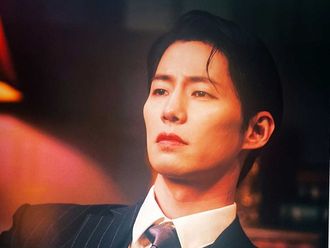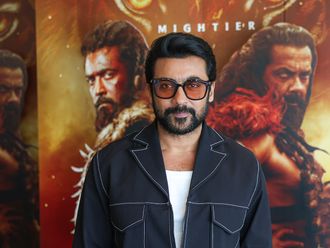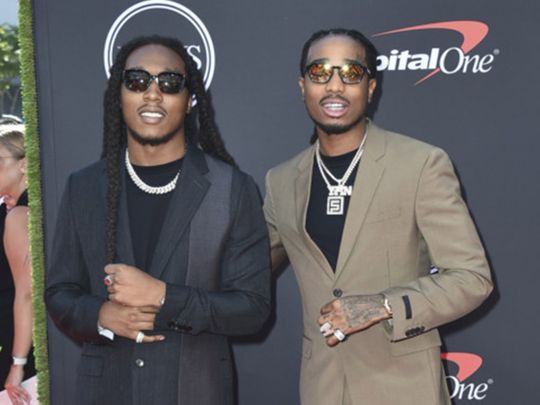
The trauma Migos rapper Quavo suffered after witnessing his nephew Takeoff being gunned down last year is a disturbing sight he doesn’t want anyone else to experience.
Through his pain, Quavo found his purpose as a vocal advocate against gun violence. He’s expected to meet privately with some powerful political figures then speak on a panel discussion about combating the issue during the Congressional Black Caucus legislative conference in Washington on Wednesday.
The Grammy-nominated rapper said Takeoff’s untimely death in 2022 ultimately convinced him to speak up.
“I feel like your calling comes at the least expected times,” said Quavo, who also honoured his nephew with their Migos bandmate Offset during the BET Awards earlier this summer.
Police say Takeoff was an innocent bystander who was shot outside a Houston bowling alley after a disagreement over a lucrative dice game led to gunfire. Takeoff’s death was the latest in a string of fatal shootings in recent years that involved hip-hop stars such as Nipsey Hussle, Pop Smoke, PnB Rock and Young Dolph.
“You don’t think nothing is going to happen,” Quavo continued. “I need to step up to the plate and hit a home run. I have to do something about it, so it won’t happen to the masses — especially in our culture. I don’t want this to happen to the next person. I want to knock down these percentages.”
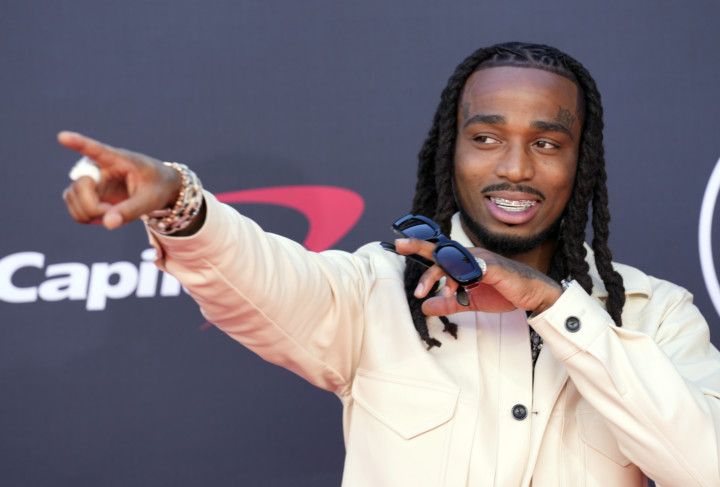
Quavo will join a panel discussion Wednesday alongside Democratic Sen. Raphael Warnock, Rep. Lucy McBath — whose activism was propelled after the shooting death of her teenage son — and Greg Jackson of the Community Justice Action Fund. It’ll be a solutions-oriented conversation on community intervention strategies, the battle with gun violence and the power in advocacy.
“We need to do better with the control of guns,” Quavo said. “We need to figure out how do we keep these types of incidents from happening to people going anywhere and thinking they can hurt somebody where it shouldn’t happen.”
After Takeoff’s shooting, Quavo often asked himself “How do we use (guns) safely?
“And how do you keep them out of the hands of people that make bad decisions?” he said. “I’m kind of in a half-and-half place. Even police have guns. Unfortunately, some of the people in our culture and loved ones have been lost to police brutality. It’s all about choices and how we can put a filter on who can use these guns.”
Jackson said Quavo’s voice could make a difference. He applauded the rapper for sitting down with members of Congress, offering his first-hand insights and putting the pressure on them for impactful change.
“His voice and commitment around community violence intervention could provide more resources for those who are most at risk,” said Jackson, whose Community Justice organisation hosted Quavo for a day of advocacy. They are both pushing for passing of the Break the Cycle of Violence Act, which would provide a $6.5 billion (Dh23.87 billion) federal grant to communities to curb gun violence, create prevention programmes, job training and workforce development for youths.
Jackson, who was shot in 2013, said combating gun violence has become personal for him.
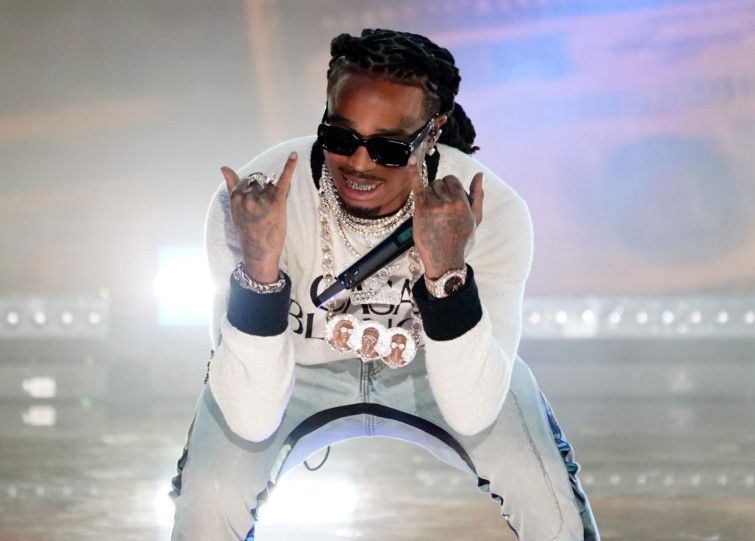
“It’s what we need,” Jackson said. “With gun violence, in order to change it, we have to change the behaviour just as aggressively as we focus on safety and ownership and access. But we can’t change behaviour if our communities don’t have the resources they need, and our youth is being overlooked and forgotten.”
So far, Quavo has taken the right steps forward: Last year, the rapper and his family launched the Rocket Foundation in honour of Takeoff and he committed $2 million (Dh7.35 million) to invest in community violence intervention. He aspires to develop more after school programmes in areas where community centres have been shut down and basketball goal rims were taken down.
Quavo says it’s imperative to keep the youth busy with productive activities in a safe environment. He’s already reached out to some in the hip-hop community for support including rapper Meek Mill, who’s been active with criminal justice reform.
But Quavo says he knows he needs more political backing to streamline much-needed resources to the less fortunate.
“I feel like after going to the White House, I need resources,” he said. “I need a bag of goodies, so I can take back and say ‘Here, this is for the culture.’ We have that extension cord. We are plugged into that type of environment. I don’t think no one else in our stature is that connected. In order for things to change, we need resources.”


